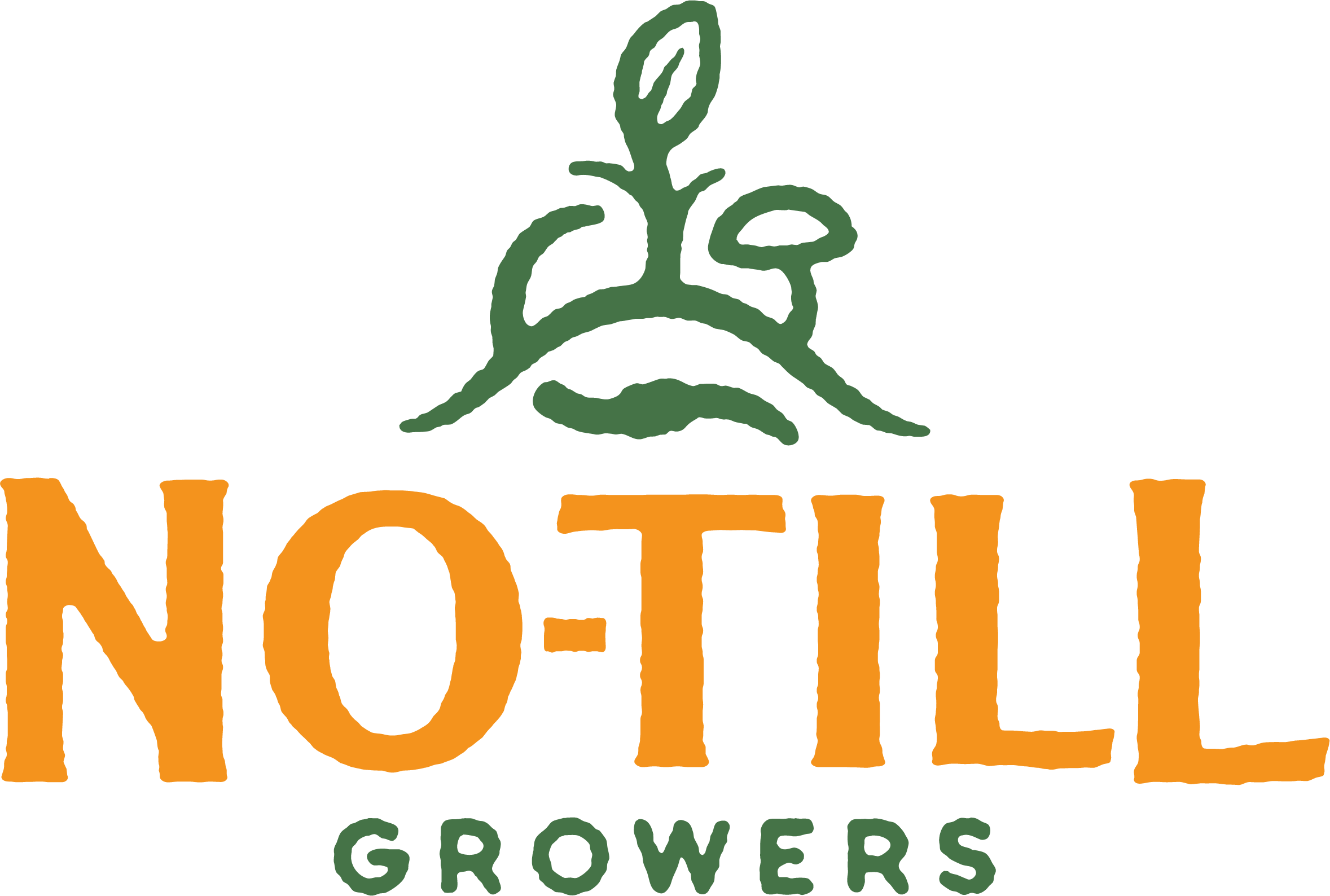How Broadfork Farm Will Make No-Till Growers Obsolete
Bryan and Shannon of Broadfork Farm have been guests on the podcast before. If you remember, they are the farmers with the self-loading tractor-mounted compost spreader [yes, video]. From the beginning, and even more so since we last spoke, they have been thoughtfully refining their approach to organic no-till on the 2+ acre scale. In a recent blog post, they outline their six-year rotation and how it addresses some of the goals and limitations of their context. We’ll get to that in a second.
What we don’t want to go unnoticed is “Our practices won’t be exactly the same as anyone else similarly practicing Organic No-Till. Farming doesn’t work best as a prescriptive set of practices.” And they are 100% correct. What we don’t want to go unsaid is that more sharing like this could render our work at No-Till Growers less valuable. Maybe even unnecessary.
Good.
One of the defining traits of a good tool or system is that with proper use it may render itself obsolete. Like the broadfork. In theory, after using a broadfork for several seasons—and in conjunction with the other principles of soil health—soil compaction becomes less and less of an issue. Thus, the broadfork is used less and less, until it may be employed for a specific purpose, but is no longer necessary for growing healthy veg.
Our vision is to see more farmers sharing their experiences with “organic no-till”—or simply their version of following the principles of soil health—with others. With time, we hope there is a critical mass of growers not only adapting these principles to their farm context, but also creating their own bio-regional and local networks of sharing where the practices and considerations are less prescriptive and more descriptive.
All of that to say—whew—if you come across something worth sharing, or have something to share yourself, send us a message or DM on Instagram.
Bryan and Shannon, keep up the great work!
Bryan and Shannon on the No-Till Growers Podcast
Excerpts from the post
“Our practices won’t be exactly the same as anyone else similarly practicing Organic No-Till. Farming doesn’t work best as a prescriptive set of practices…
They are unique to our scale (small), our time and abilities (it’s just the 2 of us farming here) and our location and climate (short-season). Here, we can expect in any given year either serious drought or excessive rain (or both). This has been one of our motivating factors – as a risk management strategy. Untilled soil is more resilient to either of these extremes…
… with an abundance of humility for all that we do not know, we are sharing our story UP TO THIS POINT IN TIME of learning to minimize to the point of no longer tilling (aka “no-till”). Or really just learning more about the soil under our feet and how the life within in and above it reacts to our changing management practices.”

